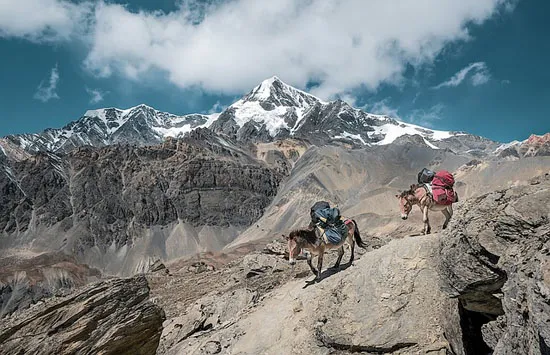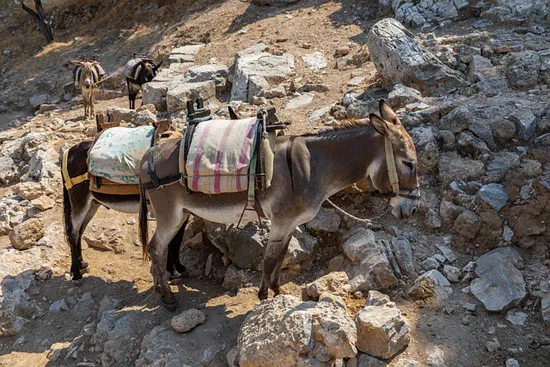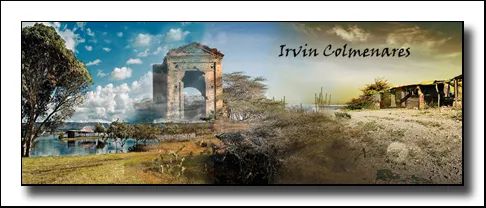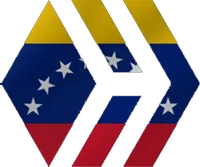
At ninety years old, old Miguel is still a man of rituals. Every afternoon at four o'clock he asks for a cup of coffee. If it is rainy season he drinks it in the living room sitting in his leather armchair, if it is dry season and the sun is shining he prefers to drink it outdoors under the shady mango tree that has guarded the entrance of his large house since the beginning of time.
That afternoon the one who brings him the coffee is his great-grandson Juan, a boy about ten years old to whom grandfather has a special love.
-Grandfather, here is the coffee," Juan tells him, extending the steaming cup.
-Sit down for a while, Juan, I want to tell you a story....
-All right..." replies the boy, lying down at the old man's feet...
Miguel takes a sip, feels the heat on his tongue and begins to speak to the wind... This great coffee plantation that we have today has a very ancient origin, it goes back almost two hundred years ago. At that time my great-great-grandfather came to these lands to try his luck with the new plant that was making the people of the central zone rich. He brought a few sacks of seed with him and in less than five years the first coffee bushes had spread throughout the nearby hills.
Soon word spread that this land was good for coffee and people began to arrive to plant. The production increased but it was not easy to get the harvest, it was necessary to travel almost four hundred kilometers on muleback to the ports of shipment, where the big warehouses were located to distribute the product, a journey that generally took almost a week.
Mi Tata knew that they had to find a way to improve transportation, but the other farmers were not interested. In order to show them that there were better ways of transporting coffee, he proposed a race and the winner would keep all the beans that the others were carrying...

The conditions were very simple, each one would leave the same day with ten mules each loaded with two sacks of fifty kilos, and the first one to reach the warehouses on the coast would be the winner and they would keep all the cargo of those who came behind.
The farmers were enthusiastic and agreed to the race for the following month.
In the meantime Tata had devised a plan, he set about the task of finding fifty mules. He did not tell anyone what he wanted them for and paid the high cost that the owners charged him to rent them.
Four days before the race he sent five men to different points on the road, each separated by about eighty kilometers, they would wait there with the ten mules until the Tata arrived.
On the day of the race they all set out, sometimes it was not easy to advance because of the narrow road, but little by little they distanced themselves from each other. El Tata took his time and gave them about half an hour of advantage.
At the end of the first day almost everyone had covered the same distance, they stopped to rest, unloaded the animals, and ate. Suddenly they saw Tata arriving late. But unlike them he walked on. The farmers muttered things, laughed and thought he would not get far. If he did not stop to rest he would soon burst the hearts of their animals.
But a few miles away was the Tata's first man, waiting for him with his ten fully rested mules. The Tata stopped, shifted the load, ate and told the man to let him sleep for only four hours. Well before dawn he left for the next station on his journey.

Those behind him wondered where Tata was going and thought it very strange to see a lone rider with ten mules without a load returning.
Mi Tata continued with his plan as he had thought it out. Changing mules had sped up his journey to the point that he arrived at the coast three days before the others.
The farmers were arriving and were surprised to see the smiling Tata at the door of the warehouses. To each one he would tell them to transfer the cargo to his name. Grumbling, the men kept their word.
That day the farmers understood perfectly the idea that the Tata had tried to explain to them, they made him their leader and decided to follow his directives.
The first thing they did was to buy mules to have them arranged along the road, those points were the basis for the birth of new hamlets. Later when the railroad appeared, they had enough money to lay the rails and so they grew until the arrival of roads and automobiles...
-My Tata was a great visionary, Juan. If he had not had the idea of inventing the race to carry that cargo, maybe we would not be here, maybe we would not have these great plantations...
-Good golly grandfather, the truth is that the Tata was a great man...
-That's right Juan...that's right....
Thank you for your time.
Translated with www.DeepL.com/Translator (free version)





Logo creado por @themanualbot
